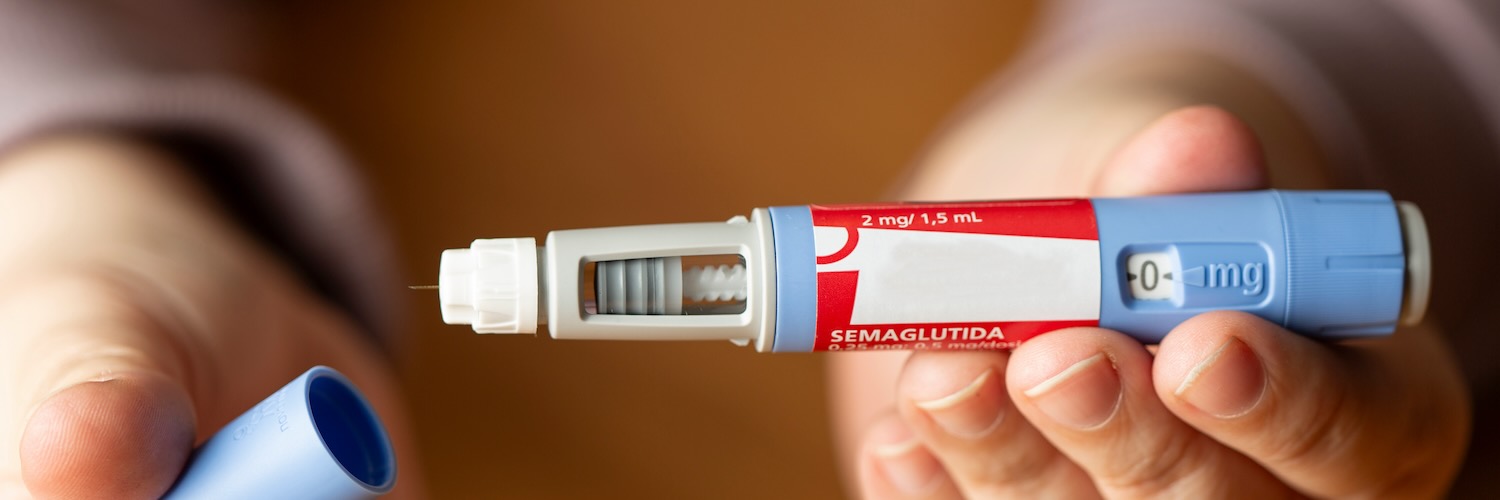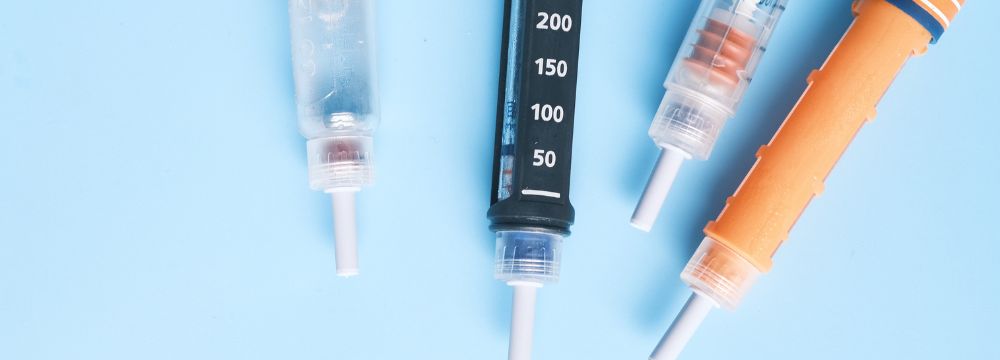Weight Loss
You’ve probably heard of Biohacking. It’s a relatively new term to describe something scientists have tried to do for hundreds, if not thousands, of years – optimize body function through activities and supplements that deliver peak function. With the advent of social media, influencers, and thousands, if not millions, of videos on different ways to improve performance, we may have taken it too far and gotten so granular with the advice available that we miss the larger picture. This is very much the case with testosterone. As a darling of Biohackers worldwide, low testosterone is being flagged by some weight loss clinics and body optimization influencers to the point where you might think it is an epidemic. However, it’s essential to set the record straight on testosterone.
To fully understand testosterone, we must discuss what it is and isn’t. Testosterone is a hormone produced naturally by the body that develops male traits. However, many people don’t realize that females also produce testosterone. They have more testosterone in their bodies than estrogen, in fact. However, female testosterone levels are about 1/10 of that of a male. Testosterone is critical for normal functioning and hormonal balance in both men and women.
Why We Lose Testosterone
Age is the primary factor for changes in testosterone and hormonal levels. Females, for example, will have precipitous changes in their hormonal patterns when they reach menopause in middle age. Conversely, men will see a slow decline in testosterone after age 40. However, testosterone levels are affected by many circumstances, not least of which is obesity. Indeed, patients with excess weight and obesity tend to have significant hormonal imbalances.
Before we get into how we manage testosterone levels, patients must understand that clinical low testosterone, known as hypogonadism, or Low T colloquially, is relatively rare. This means that all other things equal, low testosterone only occurs in a small minority of men and women. For these patients, hormone replacement therapy can be very beneficial, and speaking to a urologist or endocrinologist about your hormone levels is a significant first step.
For the rest of us, dealing with underlying factors that may suppress testosterone production is essential. First and foremost is diet and exercise. A proper diet that, for example, a bariatric patient would follow is critical to ensuring normal testosterone levels. Lean proteins, leafy greens, and other foods low in sugar and saturated fat can help tremendously with testosterone levels. Exercise is also a quick and critically important way to improve testosterone levels and general health. Unfortunately, the modern-day diet and lifestyle are typically deficient in essential nutrients and exercise, and as a result, testosterone levels may suffer.
What Benefits Does Normalizing Testosterone Confer?
Low testosterone is typically a symptom of poor lifestyle choices. As a result, generally improving health can also improve mood and physical fitness. People who prioritize healthy dietary and exercise habits can ward off anxiety and depression, lose weight, increase muscle mass, and reduce the risk of several concerns, including polycystic ovarian syndrome in women and erectile dysfunction in men. All of these ailments are often attributed to Low T rather than general lifestyle habits.
Are Testosterone Levels the Key to Weight Loss?
The short answer is no. For most, testosterone imbalances are a symptom rather than a cause.
That said, certain supplements may naturally increase the free testosterone in the body, which could positively affect testosterone in the body. However, before taking them, this should be discussed with your primary physician care physician or weight loss specialist. It’s also important to note that the FDA does not regulate supplements, and they should be taken cautiously to avoid safety issues.
Bariatric patients should avoid concerning themselves with hormonal imbalances early after surgery. Obesity and excess adipose or fat tissue are significant risk factors in hormonal imbalances. As patients lose weight and improve their lifestyle, they typically find that these issues resolve quickly. However, if after a year or year and a half, patients are experiencing the possible effects of hormonal imbalances, including chronic fatigue, visiting an endocrinologist or speaking to our practice about getting a complete hormonal workup may be worthwhile.
In the meantime, if you have any questions about the bariatric process or what to expect, including anything regarding hormones and testosterone, we encourage you to contact our office or bring it up at one of your follow-up appointments.








